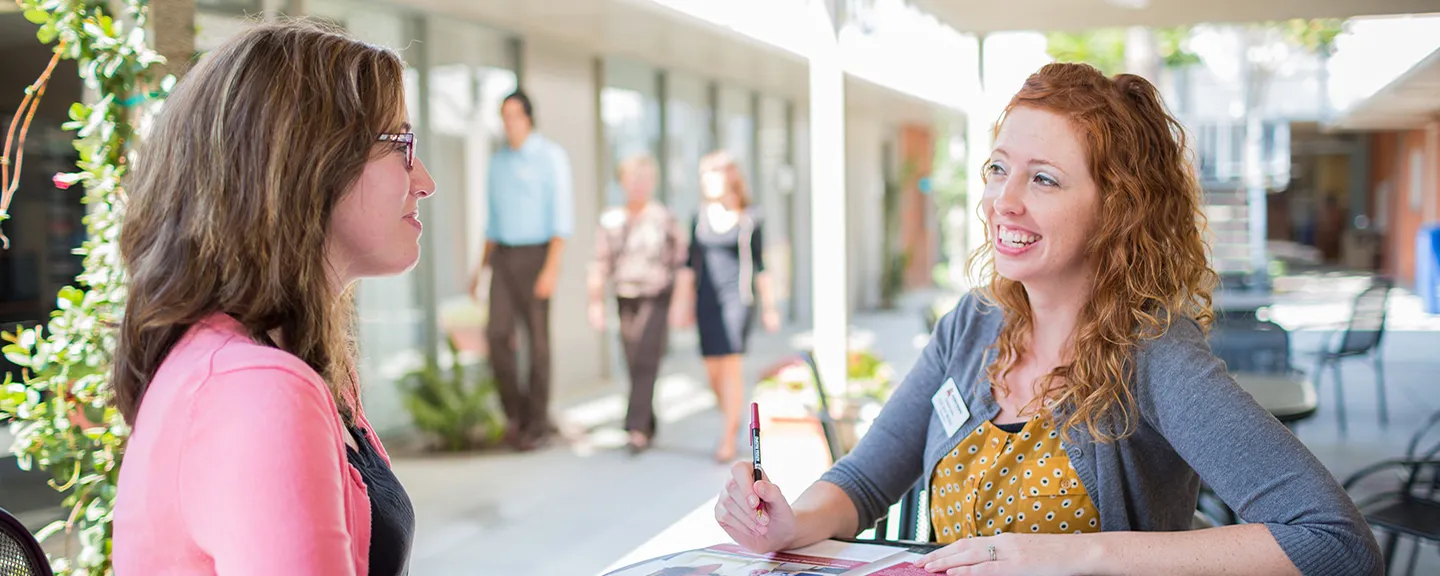- Home
- >
- APU Articles
- >
- News Article
How to Approach the College Process for Students With Additional Needs
March 17, 2018 | Written By Naomi Mannino

“Unlike high school, where an IEP team typically meets once a year to come up with a plan for your child, college students with additional needs and disabilities take charge of their own education, continuously updating the faculty and support services staff of possible barriers to academic success and requests for reasonable accommodations,” says Heather McClure, director of the Learning Enrichment Center at Azusa Pacific University.
How You Can Support Your Student
The most important thing parents and guardians can do is discuss this change in responsibility with their student.
McClure notes that once a student enters college, they’re the one who must come to the accessibility and disability services office to verify a disability—whether physical, mental, or emotional—and request accommodations for it. Before students matriculate, guardians are encouraged to meet with a disability counselor or other staff. Once a student is enrolled, their academic progress records are kept private due to the Family Educational Rights and Privacy Act and family members will not be able to contact a student’s professors directly unless that student gives specific permission.
One important part of the disability process is for guardians to supply their student with the appropriate documentation required by a licensed professional, which supports the need for disability services for the student. For example, “A student who claims to have a learning disability should have had a full professional psychoeducational assessment,” says McClure. “A copy of this assessment is required along with an application for accommodations, and is part of the review process by the disability services counselor.”
Encourage Your College Student to Take Charge
You want to motivate your student to be his or her own advocate, advises McClure.
“At APU, once an academic accommodation has been approved, the student’s professor receives a memo validating the specific accommodation,” McClure says. “This memo repeats that it is the student’s responsibility to initiate a meeting with the professor to discuss the accommodation and how it will be applied to specific work required for the course, so the student and the professor work together towards success.”
Each institution with an office of disability services will abide by a set of procedures that your student will need to learn.
“For example, we require our students with approved extended time on exams to make an appointment with our test proctoring center at least 24 hours in advance,” explains McClure. “We also ask students to remind each professor about the accommodations, each time there is an exam.”
Another way college students with additional needs can take charge of their education is by making use of all the academic success services provided by most schools, such as tutoring and additional academic coaching.
While you may feel a little “out of the loop” when your student enters college, this is an important time of growth for them. They will learn to speak up for themselves, learn from any setbacks, and take credit for their successes into adulthood.